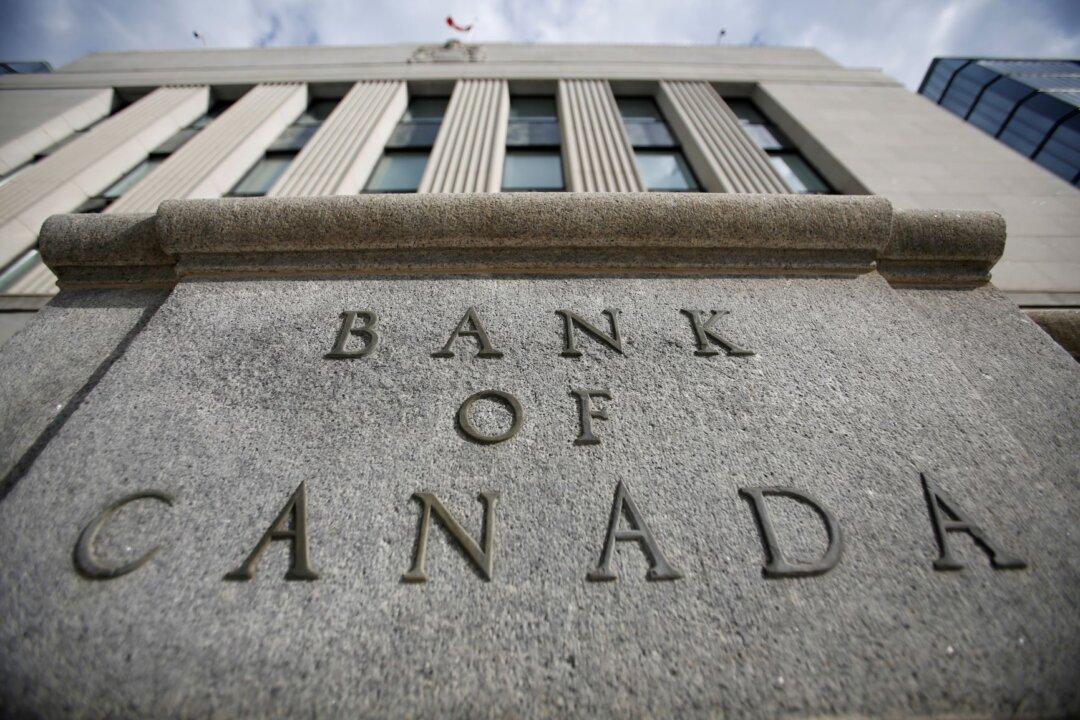TORONTO—The Bank of Canada is moving to help keep down long-term bond yields as Ottawa cranks up issuance to pay for COVID-19-related spending, analysts say, with the central bank raising the amount of 30-year bonds it buys in its quantitative easing program.
Long-term bond yields are currently at historically low levels at about 1.10 percent. But that could change as economic recovery gathers momentum and after Ottawa on Wednesday forecast its largest budget shortfall since the Second World War, saying it would “significantly” raise long-term debt issuance.





